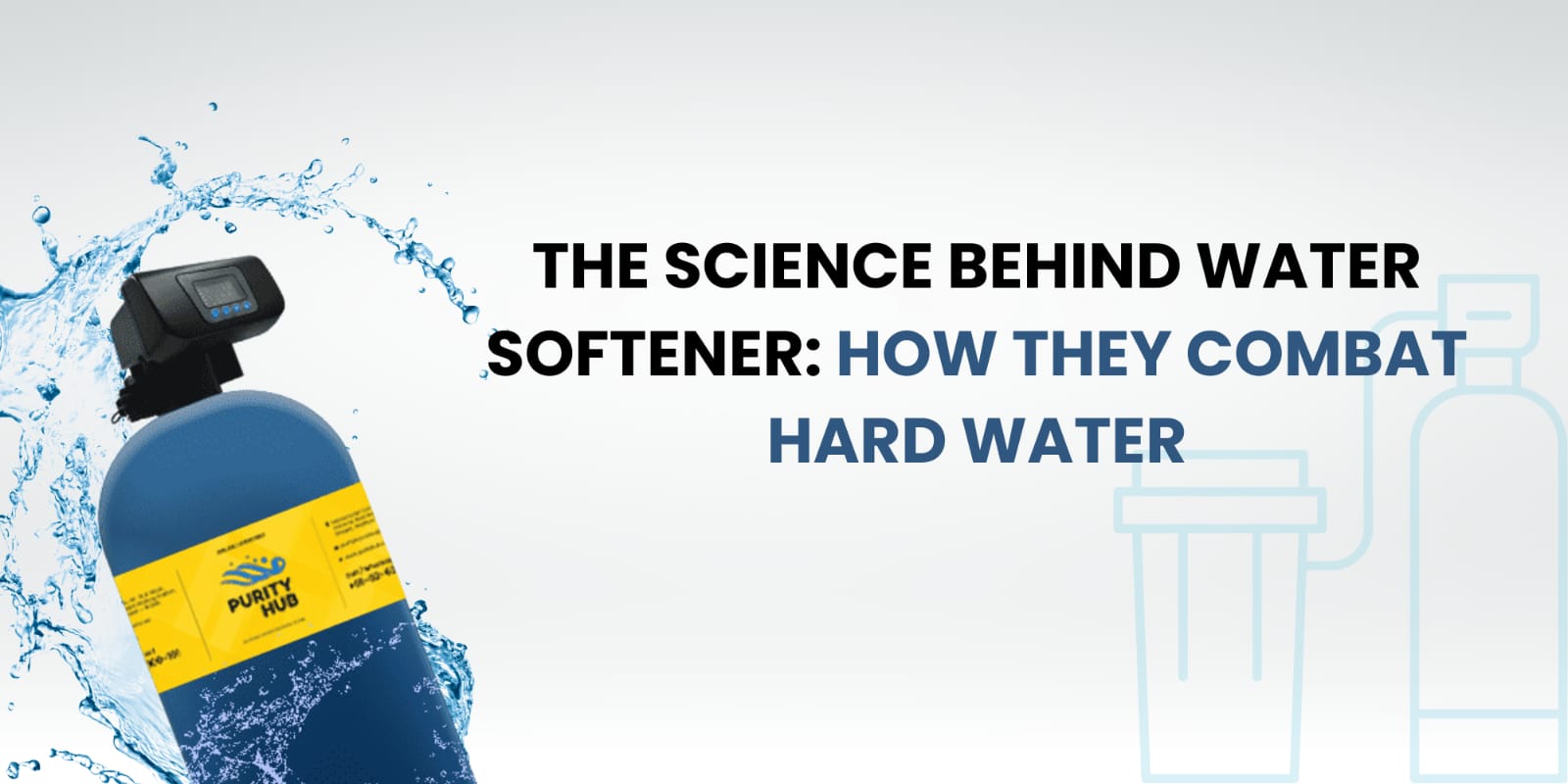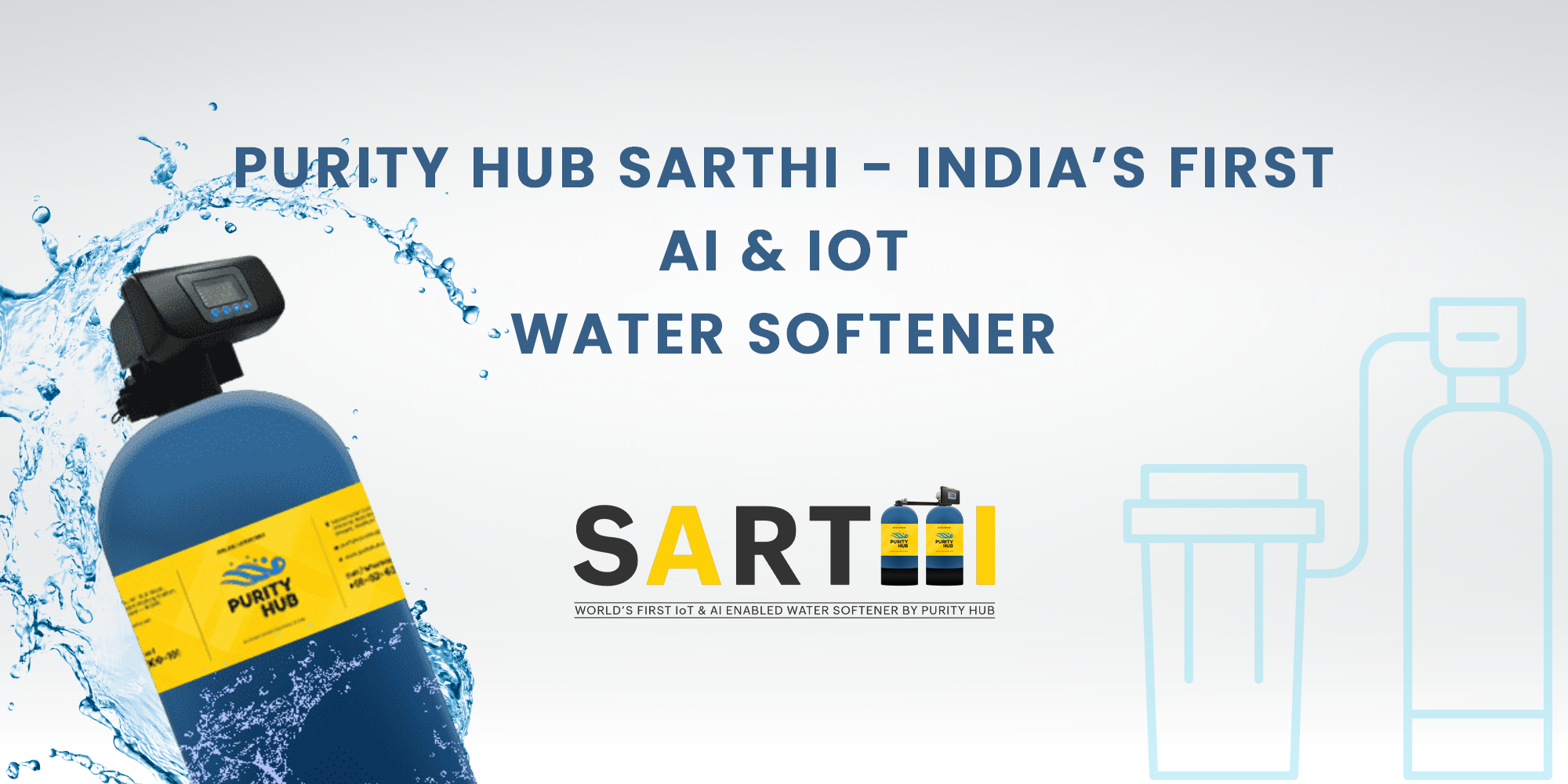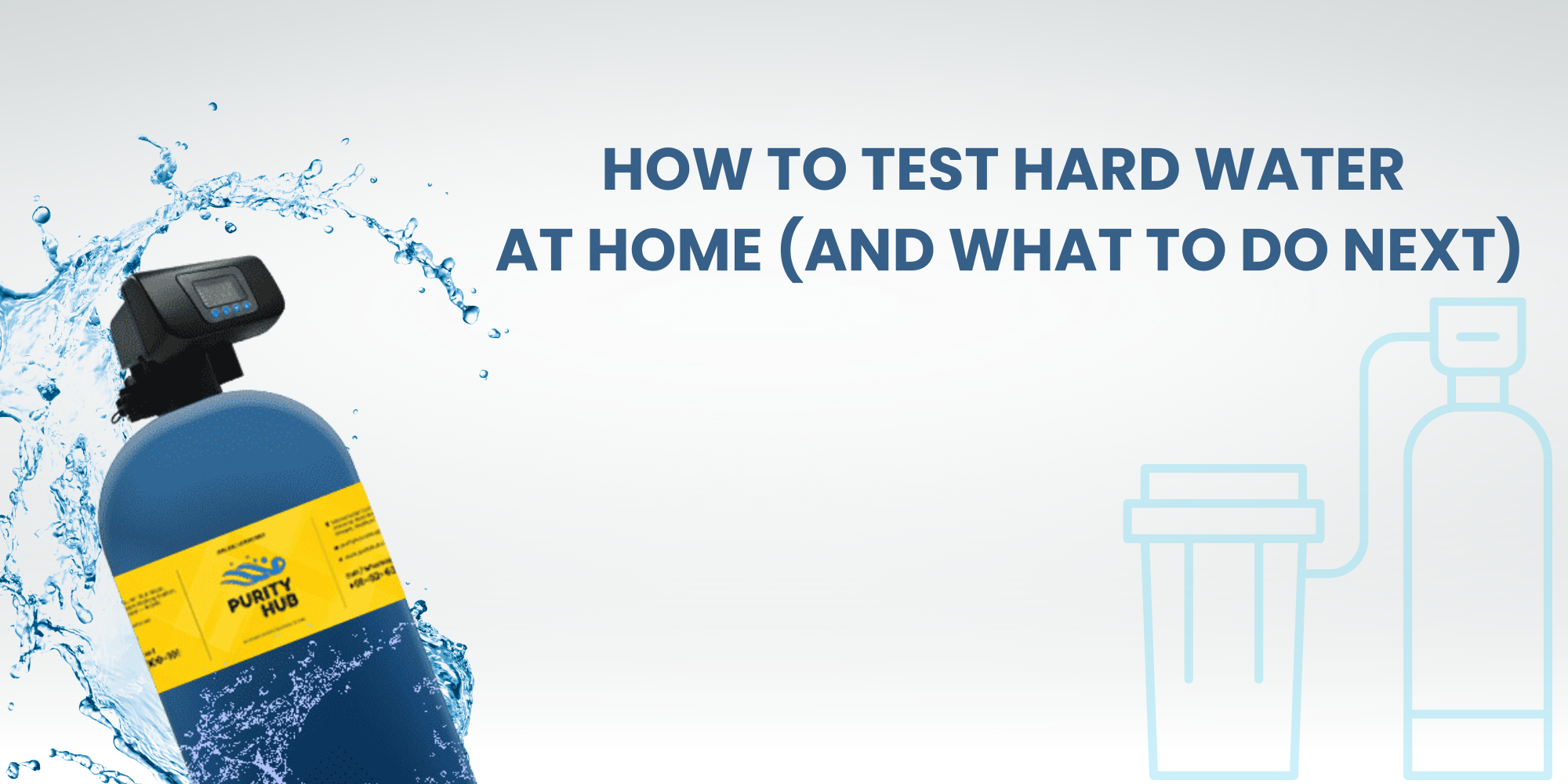
Hard water is a common household problem affecting millions of homes worldwide. If you’ve noticed chalky white residue on your faucets, dull clothes after washing, or soap that just won’t lather, hard water is likely the culprit. This is where a water softener for the entire house becomes a game-changer. But how exactly do water softeners work? Let’s dive into the science behind these systems, exploring how they transform hard water into soft water, the technology behind ion exchange, and the differences between salt-based and salt-free systems.
What is Hard Water?
Hard water is water that contains high levels of dissolved minerals, primarily calcium and magnesium. While these minerals aren’t harmful to your health, they can wreak havoc on your home. Common issues include:
Scale buildup on plumbing fixtures, pipes, and appliances.
Reduced efficiency of appliances like washing machines and dishwashers.
Dry skin and hair after bathing, prompting the need for a shower water filter for hard water.
Increased energy bills due to clogged pipes and inefficient appliances.
This is why investing in a whole home water softener system or a household water softener system is essential for households struggling with hard water.
How Do Water Softeners Work?
At the heart of most hard water softeners for homes is a process called ion exchange. This scientific method is designed to remove the calcium and magnesium ions from hard water and replace them with sodium or potassium ions. Let’s break it down step by step:
Hard Water Enters the System
Hard water flows into the softener tank, which contains resin beads. These beads are specially designed to attract and trap hard water minerals.Ion Exchange Process
The resin beads are coated with sodium or potassium ions. As hard water passes through, the calcium and magnesium ions in the water are exchanged for these sodium ions, effectively “softening” the water.Regeneration Cycle
Over time, the resin beads become saturated with calcium and magnesium. To recharge the system, a brine solution (a mixture of salt and water) flushes the beads, washing away the minerals and replenishing them with fresh sodium ions. This cycle ensures your water softener for hard water continues to work efficiently.
This is how systems like a whole house soft water filter or a bathroom water softener ensure your water stays soft and gentle.
Salt-Based vs. Salt-Free Water Softeners
When shopping for a water softener for the entire house, you’ll encounter two main types: salt-based and salt-free systems. Here’s a closer look at their differences:
1. Salt-Based Water Softeners
How They Work: These systems use the ion exchange process mentioned earlier. They physically remove calcium and magnesium ions from the water, replacing them with sodium or potassium.
Benefits:
Provides true soft water.
Protects appliances, pipes, and fixtures from scale buildup.
Improves soap efficiency and reduces detergent usage.
Best For: Homes with very hard water, or where a hard water filtration system is needed for the entire house.
2. Salt-Free Water Softeners
How They Work: Rather than removing hard water minerals, salt-free systems condition the water, altering the structure of calcium and magnesium ions so they can’t stick to surfaces.
Benefits:
No need to add salt or perform regeneration cycles.
Eco-friendly and requires less maintenance.
Best For: Homes with moderately hard water or those seeking a chemical-free solution.
While salt-free systems are often marketed as whole home water filters, they don’t provide the same level of softness as salt-based systems. For those seeking optimal results, a house water softener that uses salt-based technology is usually the better choice.
Why Your Home Needs a Water Softener
A water filter for hard water isn’t just about convenience—it’s about protecting your home and improving your quality of life. Here’s why a whole home water softener system is a smart investment:
Appliance Longevity: By preventing scale buildup, water softeners help extend the lifespan of appliances like water heaters, dishwashers, and washing machines.
Healthier Skin and Hair: A water filter for hard water showers ensures your bathing experience is free of the drying effects of hard water minerals.
Savings: Soft water reduces energy consumption and the need for frequent repairs, saving you money in the long run.
Cleaner Bathrooms and Kitchens: No more scrubbing off stubborn limescale stains!
Whether you opt for a bathroom water softener or a whole house soft water solution, the benefits are undeniable.
Choosing the Right Water Softener
When selecting a water filtration for hard water system, consider:
Hardness Level: Test your water to determine how hard it is. This will help you choose between a salt-based or salt-free system.
Household Size: Larger households may require a more robust household water softener system to meet water demand.
Budget: While salt-free systems are often cheaper upfront, salt-based systems provide better long-term results for severe hard water issues.
At Purity Hub, we understand the importance of finding the right solution for your home. From advanced hard water filters to comprehensive whole home water filters, we offer tailored solutions to suit every household's needs.
Conclusion
Understanding the science behind water softeners can help you make an informed decision for your home. By investing in a high-quality water softener for the entire house, you can enjoy softer water, protect your appliances, and improve your overall quality of life.
If you’re ready to say goodbye to the hassles of hard water, explore Purity Hub’s range of whole house water softener systems and hard water filtration solutions today. Soft water is just a click away!



